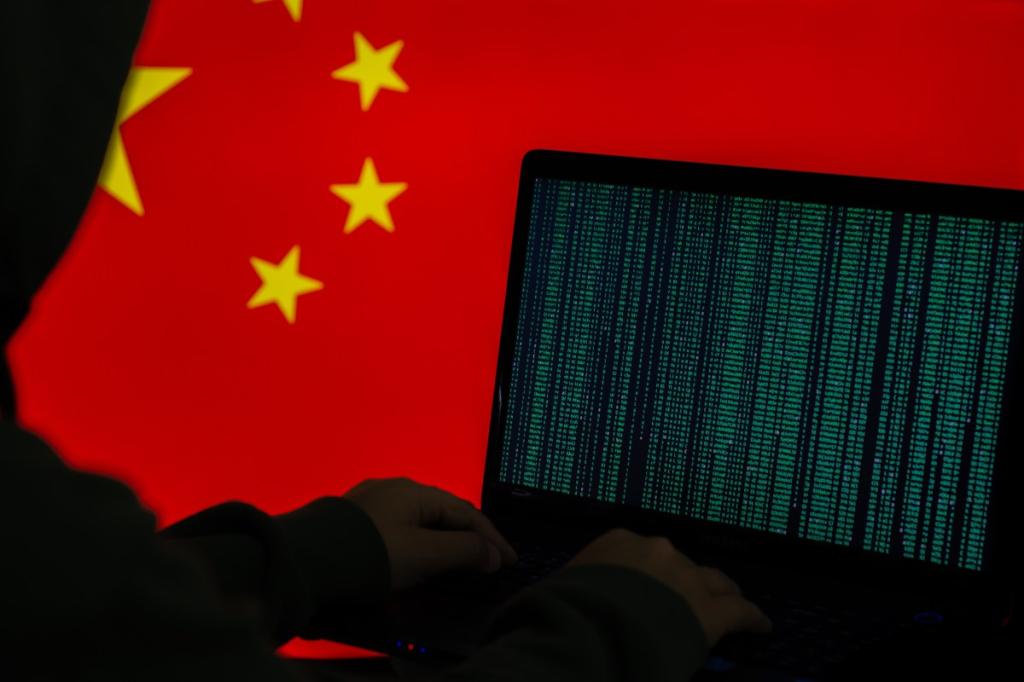South Korea's Deepfake Pornography Crisis and Its Impact
Uncover the alarming rise of deepfake pornography in South Korea and its devastating effects on women and minors, urging urgent action and societal change.

Key Points
- South Korea is facing a significant crisis with a surge in deepfake pornography, impacting women and minors across various demographics.
- The government's response includes forming a task force to tackle digital sexual crimes, addressing the urgent need for stricter regulations and victim support.
- Underlying gender biases and a lack of comprehensive sex education exacerbate the issue, highlighting the need for societal change alongside legal measures.
Deepfake technology, initially lauded for its innovative potential, is now at the forefront of a disturbing crisis in South Korea. This issue transcends simple misuse of technology; it represents a significant threat to the safety and dignity of women and minors across the nation. As men exploit this technology to create non-consensual explicit content featuring their victims, the societal ramifications are profound and heartbreaking.
The Scale of the Problem
Recent reports indicate that South Korea faces an alarming surge in deepfake pornography, with over 297 cases reported by the police in just the first seven months of 2024. This figure marks a stark increase from previous years, highlighting the growing accessibility and normalization of such heinous acts. Victims of this digital violence include vulnerable populations such as schoolchildren, university students, and even military personnel—an indication that no demographic is safe.

How Deepfake Technology Works
Deepfake technology leverages artificial intelligence to manipulate images and videos, allowing for the creation of hyper-realistic but entirely fabricated content. Users can upload photos and, within seconds, generate explicit material using the faces of unsuspecting individuals. This capability is alarmingly easy to access on platforms like
, where privacy and anonymity make it a hotbed for such illicit activities. In one case, a group on Telegram had over 220,000 members sharing such content, illuminating the sheer scale of the problem.
Protests and Government Response
The public outrage surrounding deepfake pornography has sparked protests across South Korea, demanding justice and stricter regulations. Activists have gathered, wearing white masks as a sign of the anonymity forced upon victims. President Yoon Suk Yeol's acknowledgment of the crisis and his call to action illustrate a pivotal moment for the country. His administration's commitment to establishing a task force focusing on digital sexual crimes is a necessary step in addressing this pervasive issue.

The Role of Gender Norms and Education
While the technological aspect of deepfakes is concerning, underlying societal issues also exacerbate the crisis. South Korea's existing gender biases and systemic misogyny create an environment where such exploitation can flourish. Groups advocating for comprehensive sex education highlight that the lack of awareness contributes to misunderstandings about consent and sexuality. This cultural backdrop often leads to victim-blaming and a lack of accountability for perpetrators, thereby perpetuating a cycle of abuse.
The Path Forward
Addressing the crisis requires a multifaceted approach. It is crucial for the government to enforce existing laws against digital sexual crimes while simultaneously developing new legislation to adapt to rapid technological changes. Increased public awareness and education around digital consent and the implications of deepfake technology must be prioritized. Additionally, tech firms must be held accountable for their role in enabling such harmful behavior through improved monitoring and reporting systems.
As this crisis unfolds, it becomes evident that a collective effort from all sectors of society—governments, civil institutions, and tech companies—is essential to combat the alarming rise of deepfake pornography. By prioritizing victim support and implementing stringent laws against offenders, South Korea has the opportunity to set a global standard in addressing this pressing issue.
Ultimately, addressing the deepfake pornography crisis in South Korea requires not just punitive measures but also societal change. Empowering victims and fostering a culture of respect and consent will be key in navigating this technological minefield. As advocates for women's rights and safety continue to amplify their voices, there is hope for a future where such violations are met with immediate and effective responses.


